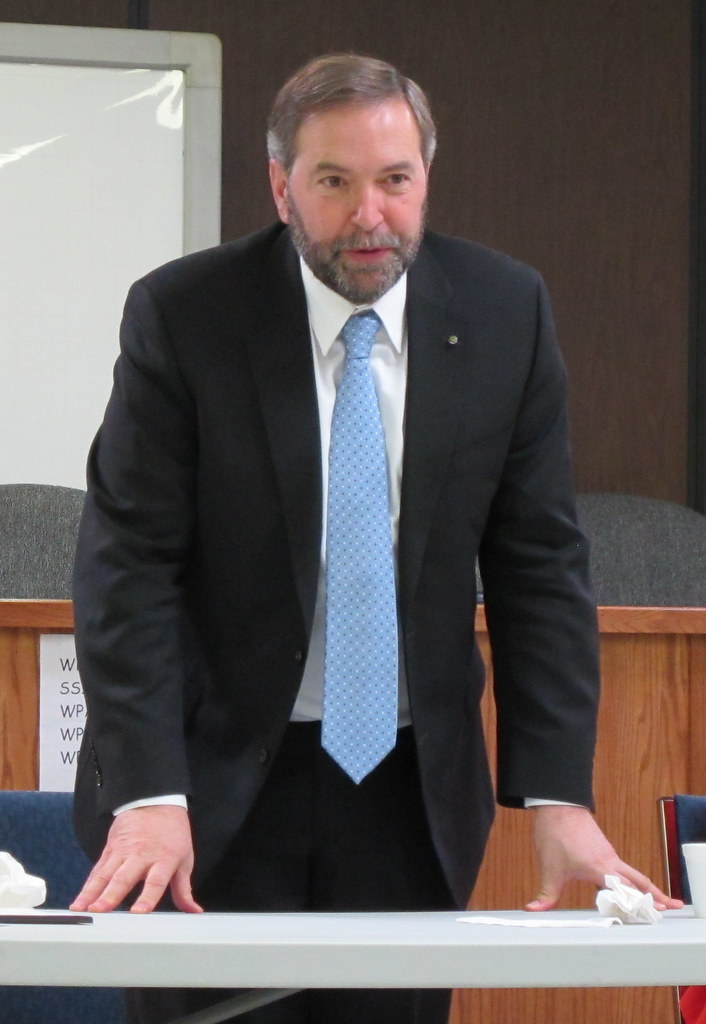
The ghosts of Senate reform will haunt Prime Minister Stephen Harper as his party establishment gathers in Calgary on Halloween to discuss and debate party policy. After more than seven years in office, Mr. Harper’s Conservatives have accomplished little on the issue of reforming the Canadian Senate.
Who would have thought that a Senate scandal involving Conservative appointees could potentially be one of the defining stories of Mr. Harper’s third-term as Prime Minister? Was Mr. Harper not the Prime Minister who vowed to reform Canada’s archaic upper house of Parliament?
While the federal Conservatives had hoped to end this particular Senate scandal with the announcement of a new free trade agreement with the European Union and a consumer-first agenda, the wrath of Conservative Senators scorned has dominated the headlines.
After being ejected from Conservative Party ranks, Senators Mike Duffy, Pamela Wallin, and Patrick Brazeau, all appointed by Mr. Harper, have proven to be incredibly dangerous liabilities. Accused of improper spending and expenses, the three former Conservatives have turned on their former party and are drawing national attention to alleged improper activities of Mr. Harper’s former chief of staff, Nigel Wright.
Senate reform was a defining policy for the now defunct Reform Party of Canada and a historical grievance that many western Conservatives hoped would finally be resolved when the Canadian Alliance (the Reform Party’s rebranded name) merged with the Progressive Conservative Party of Canada in 2003. While the crusade for a Triple-E Senate (equal, elected and effective) helped propel the Reform Party onto the national stage in the early 1990s, there does not appear to be much political appetite for this type of reform among Canada’s political leaders.
Since becoming Prime Minister in 2006, Mr. Harper has appointed at least 52 of the Senate’s 106 members, including many failed Conservative party candidates or close associates of the Prime Minister. Despite his claims that he would approach the Senate differently, Mr. Harper has proven by his actions that he is not much different than Prime Ministers Pierre Trudeau, Brian Mulroney, Jean Chretien, or Paul Martin.
In Alberta, the only province to have held elections for Senate nominees, the votes have attracted low levels of attention and there is no indication that the upper chamber is more effective with the three current elected nominees that have been appointed.
Popular Saskatchewan Premier Brad Wall, seen by many as a potential successor to Mr. Harper, announced today that his government will revoke its support for Senate nominee election in favour of supporting abolishment of the Senate. This positions Mr. Wall alongside Official Opposition NDP leader Thomas Mulcair, who has embraced NDP’s long-standing position that the Senate should be abolished.
The Reform Party’s first leader, Preston Manning, in his role as the godfather of Canada’s conservatives, will today be hosting an all-day Manning Foundation symposium on the future of the Senate. Speakers will include Member of Parliament Pierre Poilievre, former Alberta MLA Ted Morton, retired Liberal Senator Dan Hays, Calgary School chieftains Tom Flanagan and Rainer Knopff, and former Senator-nominee turned Wildrose Party candidate Link Byfield. This and other Manning Foundation events will coincide with official Conservative Party events in Calgary this weekend.
Provincial NDP take Lethbridge
Meanwhile, in southern Alberta, provincial New Democrats will gather this weekend for their annual convention in Lethbridge. Delegates will hear from NDP strategist Anne McGrath and Robyn Benson, president of the Public Service Alliance of Canada.
At the annual meeting, NDP leader Brian Mason will not face a leadership review, but his party activists will debate some changes to party operations. One topic of debate will be whether the party holds annual conventions or moves to biennial conventions. Party members are also expected to debate whether the Labour movement should have two vice-presidents represented on the party’s executive council.
Most of the province outside of Edmonton is bleak for the social democratic party, but Lethbridge has provided a glimmer of hope that the NDP plan to build on. In the 2011 federal election, the NDP saw their support double to 27% and in the 2012 provincial election, Lethbridge-West candidate Shannon Phillips placed a strong second in a three-way race won by PC MLA Greg Weadick.




































